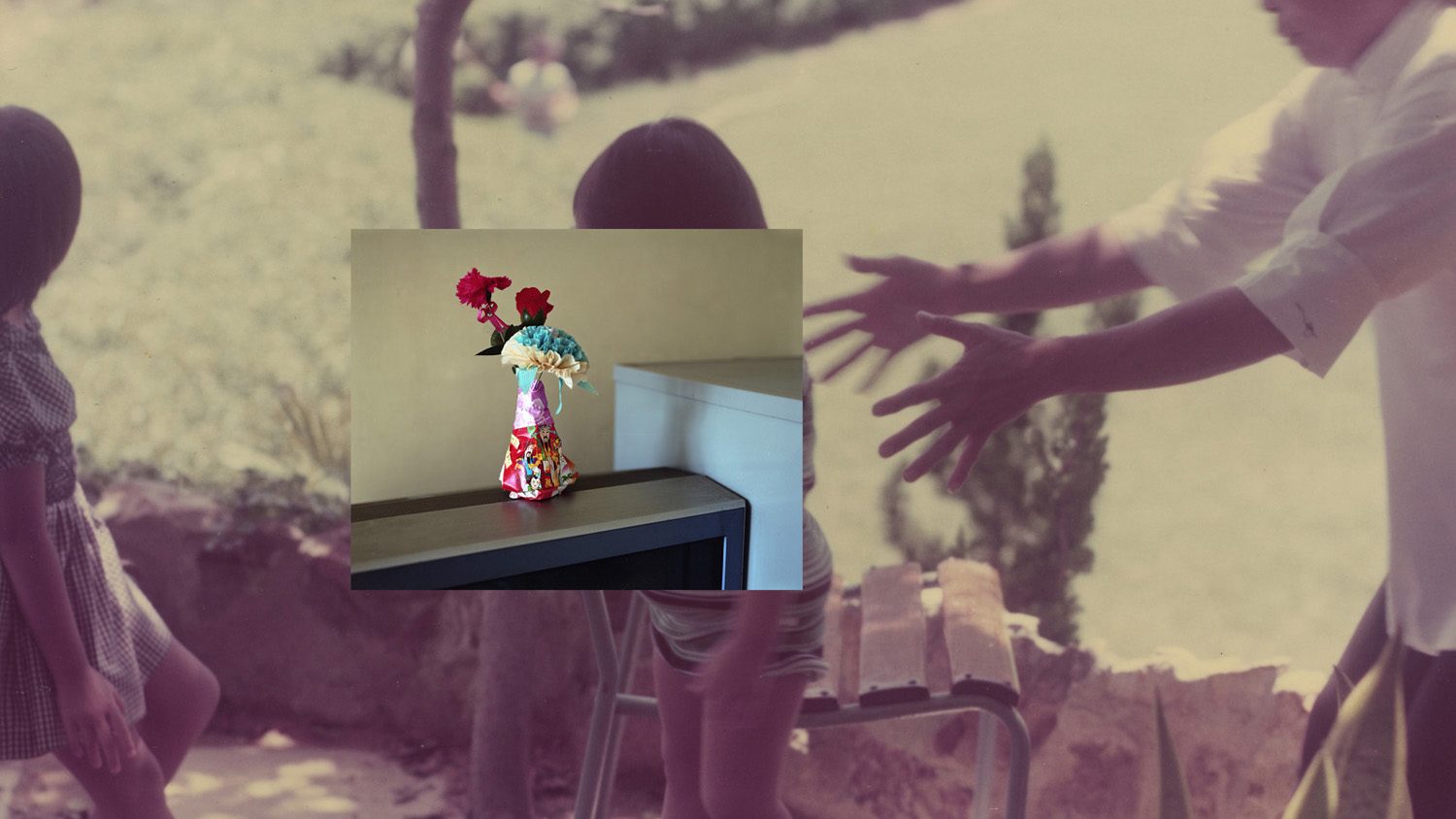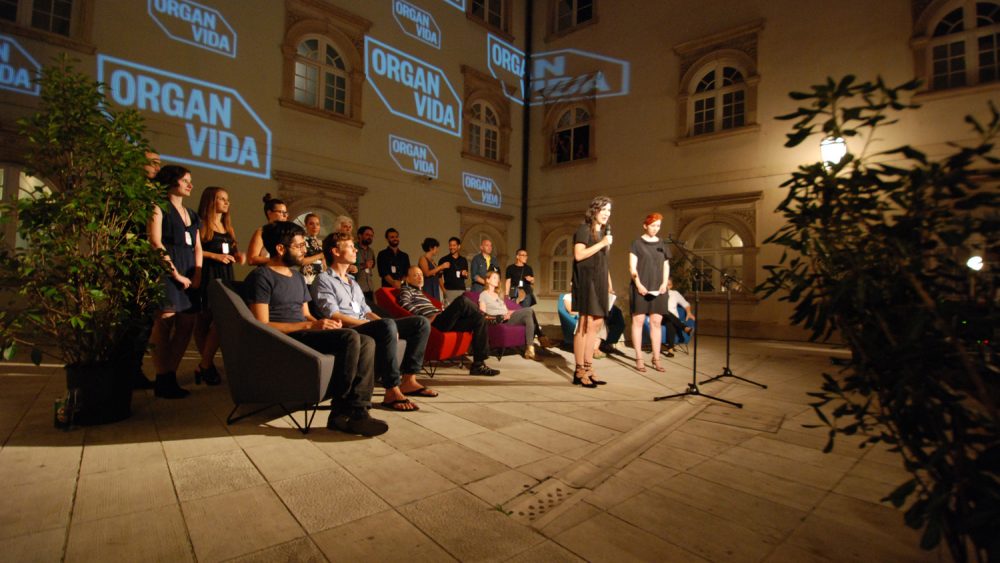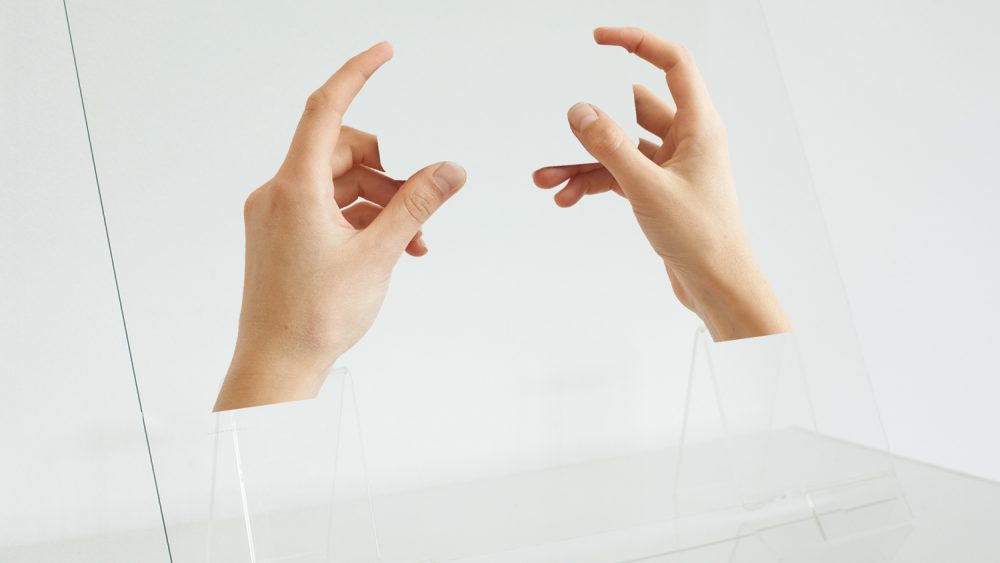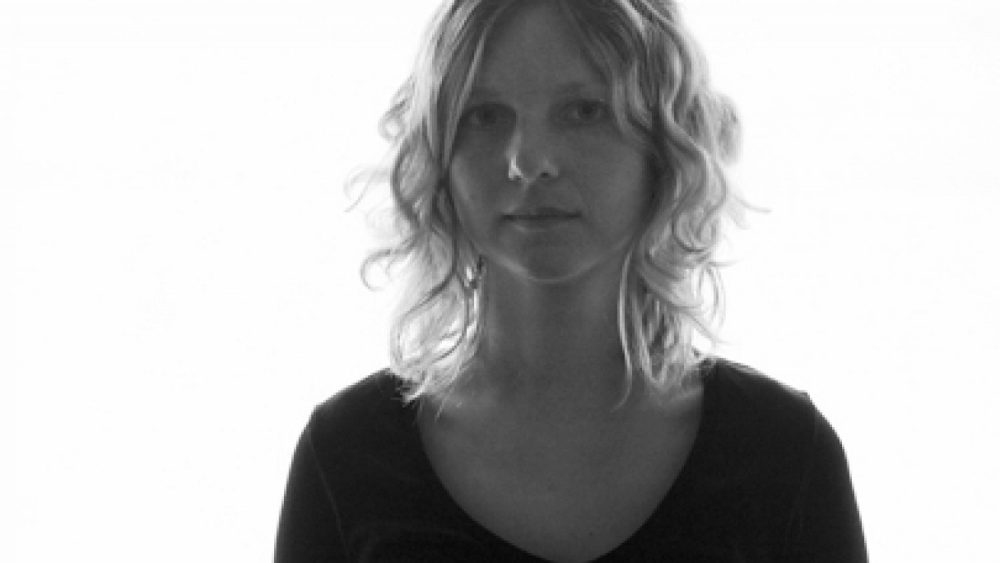Can photography make a difference? Interview with Anna-Kaisa Rastenberger
Anna-Kaisa Rastenberger is an artistic director and co-founder of The Festival of Political Photography that opens this week in Helsinki. A biannual event that started in 2015 seeks to examine what the word “political” means in contemporary photographic practices.
Rastenberger is a formed chief curator at the Finnish Museum of Photography and at the moment also works as a Professor in Exhibition Studies and Spatiality at the Academy of Fine Arts, University of the Arts Helsinki. Her career among photography has included curating contemporary photo-based exhibitions (for example, for the Hamburg Triennial of Photography and the Moscow Biennale) and writing for publications.
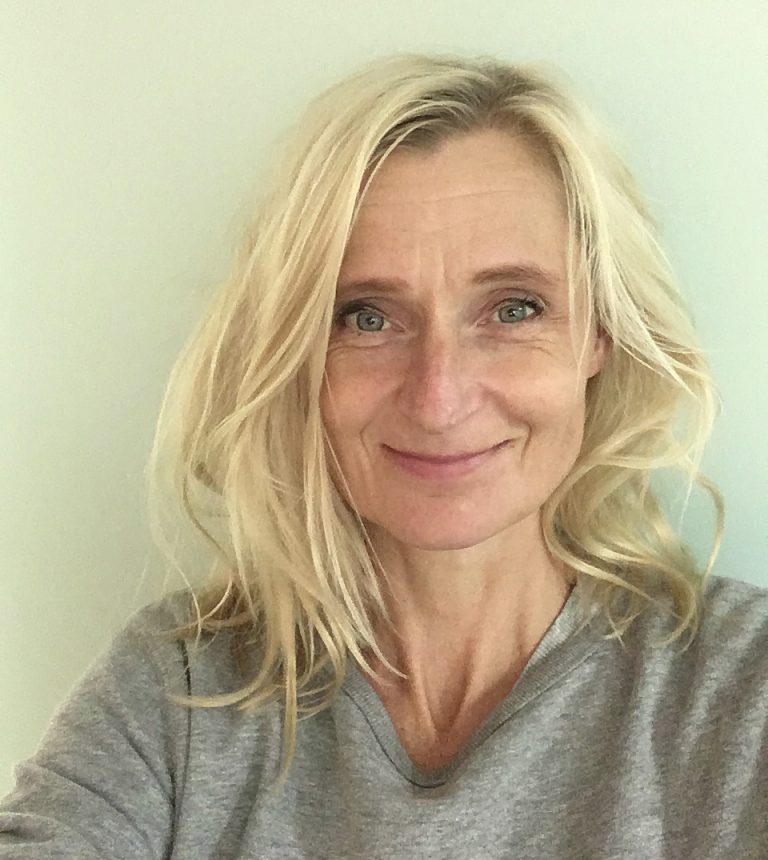
What are the highlights of this year’s festival?
The highlight is the dialogue between the exhibited photographic projects. The projects have their integrity and different way to use photography as a medium to deal with up-to-date things. For every festival we do our best to curate a combination of works among which viewers are also asked to have an ethical understanding that they are not outside the circumstances that made the photography and the photograph possible. Viewers are required to interpret, combine facts and imagine together with the photographs. This year the festival highlights photography projects that deal with smaller and larger changes, as well as alternative mindsets and lifestyles. Changes can be personal lifestyle choices, or they may aim for a more comprehensive reform of the structures of society or economic power. The projects suggest an ethical imagination, which enables us to question the existing structures. Thanks to a grant we were able to commission four projects, which we chose from the open call for projects under the theme Potentiality.
How did the idea about the festival come about and how has it evolved since 2015?
Together with photographer Sanni Seppo, co-artistic director, we had both come to think that we need more discussion about how photography is a way to do changes and how we can discuss urgent political topics through photographic images. Art spaces are spaces for discourse about ethics and politics. We state clearly that the festival wants to focus on raising questions and forcing people to reflect and discuss.
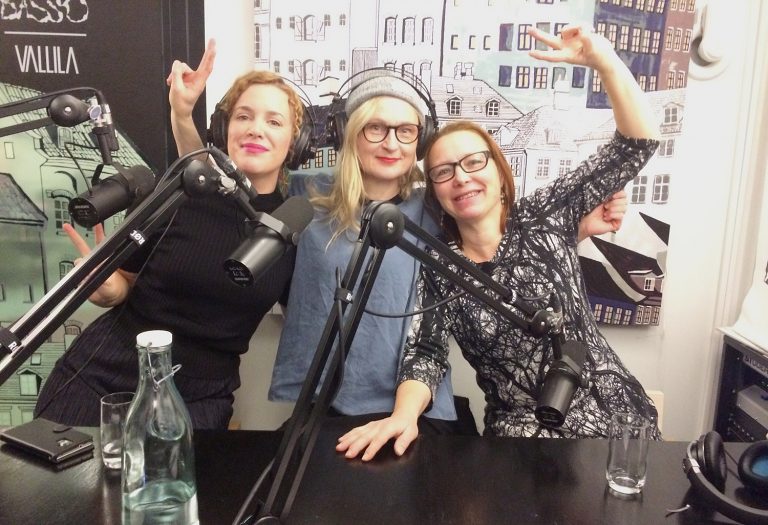
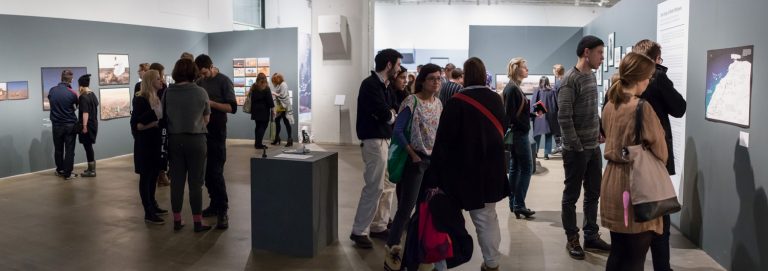
Can photography today make a difference when it comes to politics?
Yes, definitely. Nowadays photography is a big part of everyday life in Western countries in so many different ways: social media, surveillance, image wars, citizen journalism, augmented realities, games… so photography has become political also in many other ways than only representing or evidencing things. Photography has also a long history – and a burden, if you wish – as a tool of evidence and effect to decision makers. When defining a photography festival as political, the starting point is to emphasize this societal dimension of photographs – as the word politikos, dating back to Ancient Greece, means “relating to citizens”. Some recent examples of direct effect to politics in Finland are the photos taken in slaughterhouses and animal farms.
If we talk about the current political situation in the world, what’s your biggest concern?
It is really worrying that in the current political discourse and decision-making the arguments based on economics are always considered more valuable that arguments based on ethics and ecology. We can see this with discourse and decisions dealing with climate change, loss of biodiversity or other environmental issues. Another big concern is the rise of populism, with the racist and misogynist discourse and effects.
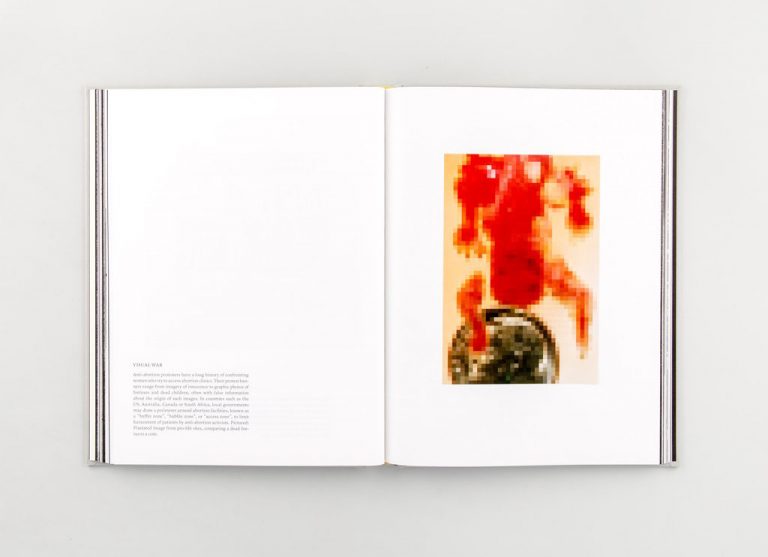
What has been the biggest challenge to make the festival?
This is very boring and anticipated answer: the biggest challenge is money. Even if we have been lucky to get grants to be able to make this festival happen, we also participate in producing the precarious working conditions for producers, because of constant fund raising and project funding we cannot guarantee the continuity of funding. We always pay fees and travel costs for artists, photographers and curators we invite, but still the fees are small and a lot of work is done voluntary by everybody involved in the festival. However, the feeling of importance of this work and the feedback and all those wonderful people with whom we have been working over the past year and this year, balance out the worry on money.
